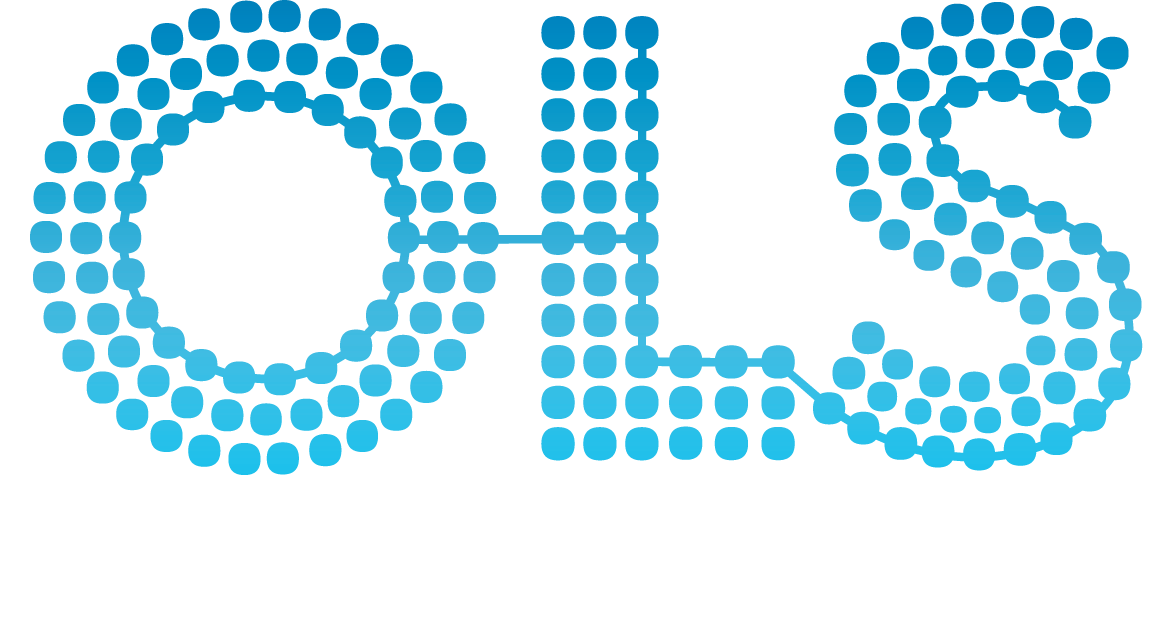|
Antigens, CD20
|
D018951 |
[Unglycosylated phosphoproteins expressed only on B-cells. They are regulators of transmembrane Ca2+ conductance and thought to play a role in B-cell activation and proliferation.
] |
|
Antigens, CD34
|
D018952 |
[Glycoproteins found on immature hematopoietic cells and endothelial cells. They are the only molecules to date whose expression within the blood system is restricted to a small number of progenitor cells in the bone marrow.
] |
|
Antigens, CD7
|
D019011 |
[Differentiation antigens expressed on pluripotential hematopoietic cells, most human thymocytes, and a major subset of peripheral blood T-lymphocytes. They have been implicated in integrin-mediated cellular adhesion and as signalling receptors on T-cells.
] |
|
Antigens, Dermatophagoides
|
D039741 |
[Antigens from the house dust mites (DERMATOPHAGOIDES), mainly D. farinae and D. pteronyssinus. They are proteins, found in mite feces or mite extracts, that can cause ASTHMA and other allergic diseases such as perennial rhinitis (RHINITIS, ALLERGIC, PERENNIAL) and atopic dermatitis (DERMATITIS, ATOPIC). More than 11 groups of Dermatophagoides ALLERGENS have been defined. Group I allergens, such as Der f I and Der p I from the above two species, are among the strongest mite immunogens in humans.
] |
|
Antigens, Differentiation
|
D000943 |
[Antigens expressed primarily on the membranes of living cells during sequential stages of maturation and differentiation. As immunologic markers they have high organ and tissue specificity and are useful as probes in studies of normal cell development as well as neoplastic transformation.
] |
|
Antigens, Differentiation, B-Lymphocyte
|
D000944 |
[Membrane antigens associated with maturation stages of B-lymphocytes, often expressed in tumors of B-cell origin.
] |
|
Antigens, Differentiation, Myelomonocytic
|
D015214 |
[Surface antigens expressed on myeloid cells of the granulocyte-monocyte-histiocyte series during differentiation. Analysis of their reactivity in normal and malignant myelomonocytic cells is useful in identifying and classifying human leukemias and lymphomas.
] |
|
Antigens, Differentiation, T-Lymphocyte
|
D000945 |
[Antigens expressed on the cell membrane of T-lymphocytes during differentiation, activation, and normal and neoplastic transformation. Their phenotypic characterization is important in differential diagnosis and studies of thymic ontogeny and T-cell function.
] |
|
Antigens, Fungal
|
D000946 |
[Substances of fungal origin that have antigenic activity.
] |
|
Antigens, Helminth
|
D000947 |
[Any part or derivative of a helminth that elicits an immune reaction. The most commonly seen helminth antigens are those of the schistosomes.
] |
|
Antigens, Heterophile
|
D015478 |
[Antigens stimulating the formation of, or combining with heterophile antibodies. They are cross-reacting antigens found in phylogenetically unrelated species.
] |
|
Antigens, Human Platelet
|
D016824 |
[Human alloantigens expressed only on platelets, specifically on platelet membrane glycoproteins. These platelet-specific antigens are immunogenic and can result in pathological reactions to transfusion therapy.
] |
|
Antigens, Ly
|
D000950 |
[A group of lymphocyte surface antigens located on mouse LYMPHOCYTES. Specific Ly antigens are useful markers for distinguishing subpopulations of lymphocytes.
] |
|
Antigens, Neoplasm
|
D000951 |
[Proteins, glycoprotein, or lipoprotein moieties on surfaces of tumor cells that are usually identified by monoclonal antibodies. Many of these are of either embryonic or viral origin.
] |
|
Antigens, Nuclear
|
D034961 |
[Immunologically detectable substances found in the CELL NUCLEUS.
] |
|
Antigens, Plant
|
D052179 |
[Substances found in PLANTS that have antigenic activity.
] |
|
Antigens, Polyomavirus Transforming
|
D000952 |
[Polyomavirus antigens which cause infection and cellular transformation. The large T antigen is necessary for the initiation of viral DNA synthesis, repression of transcription of the early region and is responsible in conjunction with the middle T antigen for the transformation of primary cells. Small T antigen is necessary for the completion of the productive infection cycle.
] |
|
Antigens, Protozoan
|
D000953 |
[Any part or derivative of any protozoan that elicits immunity; malaria (Plasmodium) and trypanosome antigens are presently the most frequently encountered.
] |
|
Antigens, Surface
|
D000954 |
[Antigens on surfaces of cells, including infectious or foreign cells or viruses. They are usually protein-containing groups on cell membranes or walls and may be isolated.
] |
|
Antigens, T-Independent
|
D000955 |
[Antigens which may directly stimulate B lymphocytes without the cooperation of T lymphocytes.
] |
